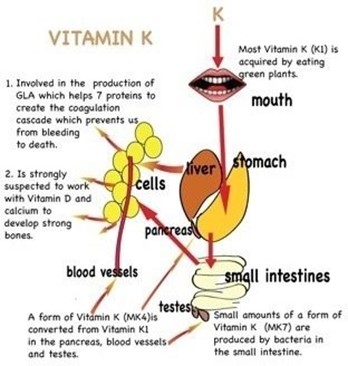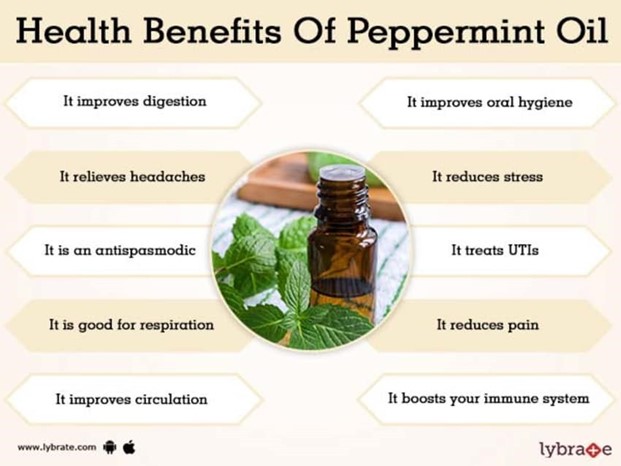The nurse administers vitamin K to the newborn for which reason?
Most mothers have a diet deficient in vitamin K, which results in the infant’s being deficient.
Vitamin K prevents the synthesis of prothrombin in the liver and must be given by injection.
Bacteria that synthesize vitamin K are not present in the newborn’s intestinal tract.
The supply of vitamin K is inadequate for at least 3 to 4 months, and the newborn must be supplemented.
The Correct Answer is C
Bacteria that synthesize vitamin K is not present in the newborn’s intestinal tract. Vitamin K is essential for blood clotting, and newborns are at risk of bleeding problems due to their lack of vitamin K. Therefore, vitamin K is given by injection to prevent hemorrhagic disease in the newborn.

Choice A is wrong because most mothers do not have a diet deficient in vitamin K, and vitamin K deficiency in newborns is not related to the maternal diet.
Choice B is wrong because vitamin K does not prevent the synthesis of prothrombin in the liver, but rather enhances it. Prothrombin is a clotting factor that requires vitamin K for its production.
Choice D is wrong because the supply of vitamin K is not inadequate for at least 3 to 4 months, but rather for a few days until the newborn’s intestinal bacteria start producing it.
Nursing Test Bank
Naxlex Comprehensive Predictor Exams
Related Questions
Correct Answer is B
Explanation

This is because oil peppermint can stimulate the micturition reflex and help the woman to void.
Some possible explanations for the other choices are:
Choice A is wrong because pouring water over the perineum may not be enough to trigger the micturition reflex and may cause discomfort or infection.
Choice C is wrong because analgesics may not address the underlying cause of urinary retention and may have side effects such as drowsiness or nausea.
Choice D is wrong because inserting a sterile catheter is an invasive procedure that carries risks such as trauma, infection, or bladder spasms. It should be used only as a last resort after other methods have failed.
Normal ranges for postpartum bladder function are:
- Urine output: 3000 to 5000 mL/day for the first 2 to 3 days after delivery.
- Urine specific gravity: 1.005 to 1.030.
- Urine pH: 4.6 to 8.0.
Correct Answer is C
Explanation
Visible peristalsis and weight loss. These are symptoms of pyloric stenosis, which is a thickening or narrowing of the pylorus, a muscle in the stomach that blocks food from entering the small intestine. Babies with pyloric stenosis often have forceful vomiting, which may cause dehydration.
Choice A is wrong because abdominal rigidity and pain on palpation are not typical signs of pyloric stenosis.
They may indicate other conditions such as appendicitis or bowel obstruction.
Choice B is wrong because a rounded abdomen and hypoactive bowel sounds are also not specific for pyloric stenosis.
They may be seen in other causes of vomiting or abdominal distension.
Choice D is wrong because distention of the lower abdomen and constipation are not related to pyloric stenosis.
They may be due to other problems such as Hirschsprung’s disease or intestinal atresia. Normal ranges for weight gain in infants depend on their age, sex, and feeding method. Generally, infants should gain about 25 to 35 grams per day in the first 3 months of life.
Whether you are a student looking to ace your exams or a practicing nurse seeking to enhance your expertise , our nursing education contents will empower you with the confidence and competence to make a difference in the lives of patients and become a respected leader in the healthcare field.
Visit Naxlex, invest in your future and unlock endless possibilities with our unparalleled nursing education contents today
Report Wrong Answer on the Current Question
Do you disagree with the answer? If yes, what is your expected answer? Explain.
Kindly be descriptive with the issue you are facing.
